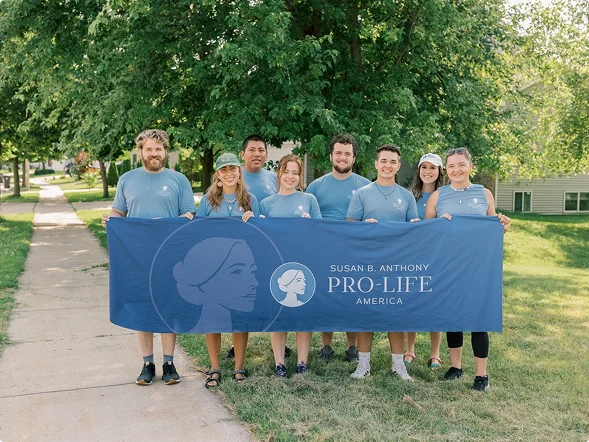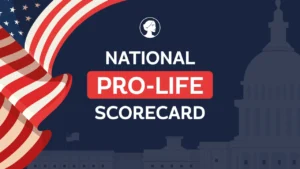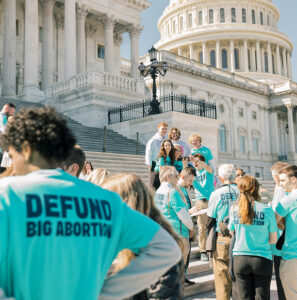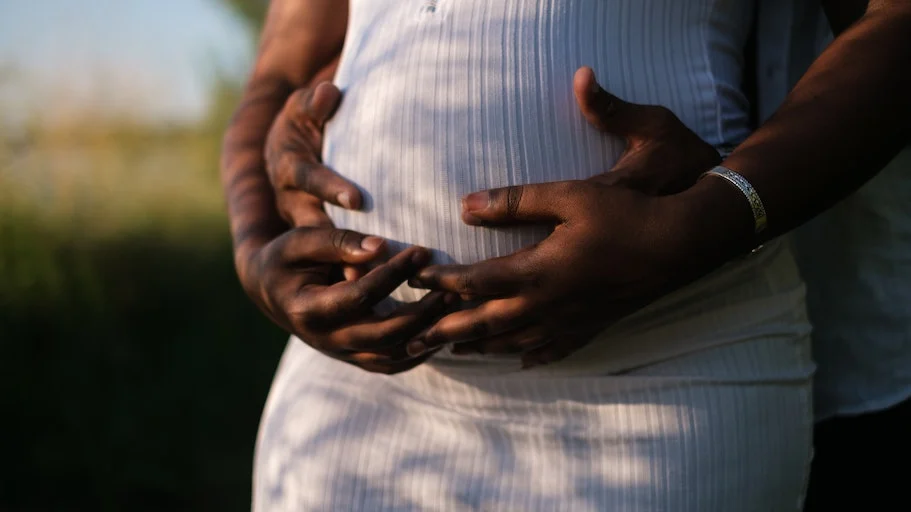
Michigan Governor Gretchen Whitmer is taking a more active role as a campaign surrogate for President Biden. Whitmer joined fellow pro-abortion Governor Tony Evers in Wisconsin Monday, presumably since all pro-life protections in Michigan have either been wiped off the books or are in the process of being dismantled through litigation. Their rallying cry revolved around – what else? – abortion.
Whitmer – who infamously cordoned off gardening supplies during the Covid-19 pandemic but left abortion facilities open for business, calling abortion “life-sustaining” – has urged Biden to tout abortion more and “use maybe more, you know, blunt language.” On Monday she told Biden supporters that the prospect of a Trump win “just shakes me to my core.” It was another opportunity for Democrats’ fearmongering that the former president supports a “national abortion ban,” which, regardless of anyone’s views on the issue, is a lie.
Back in Whitmer’s home state, democracy is dying in darkness as reporting of abortion data grinds to a halt for the first time in 45 years. With unlimited, all-trimester abortion enshrined in Michigan’s constitution, basic, anonymous data that should be informing public policy now will be hidden. From Michigan Bridge:

After more than four decades, Michigan is ending its annual, detailed reporting on tens of thousands of abortions each year, including a patient’s age and marital status, the age of the fetus, the type of procedure and any complications.
The Michigan Department of Health and Human Services will release its 2023 data later this year, but it will be the last such report.
Pro-life advocates in the state describe the data reporting as “one of the few remaining safeguards for patients”:
“It’s basic quality assurance,” Dr. Catherine Stark told Bridge.
A long-time OB-GYN, Stark told lawmakers last year that such data provides quality control by, for example, letting the public know about abortion providers with high numbers of surgical complications or “violations of care.” Reporting details of abortion procedures, along with other licensing provisions, established the “protection of the health and safety of women for women undergoing abortion.”
Michigan’s abortion data reporting previously received high marks for quality from Charlotte Lozier Institute. Not anymore. Even the pro-abortion Guttmacher Institute acknowledges Michigan will now be an outlier:
The change makes Michigan one of just a handful of states that no longer collect such data, according to Guttmacher Institute, an abortion-rights research group that uses state-level data to track trends.
The change comes at a time of increasing concern about personal data collection, especially on cell phones, that could be used to connect patients to reproductive health apps, whether they seek abortion information online and schedule an appointment.
Data privacy is not a partisan concern. However, it is selectively applied. One major offender is Planned Parenthood, which has reportedly exposed the private information of more than half a million people as of April 2024. One affiliate, Planned Parenthood Los Angeles, has agreed to pay $6 million to settle a class action lawsuit pertaining to a 2021 data breach (H/T Live Action News). In contrast to the data produced for health department reports, which does not include personally identifying information, the Planned Parenthood breach compromised “names, addresses, dates of birth, Social Security numbers, diagnoses/conditions, lab results, medications prescribed, and health insurance information.” (Affected individuals have until July 6 to file a claim.)
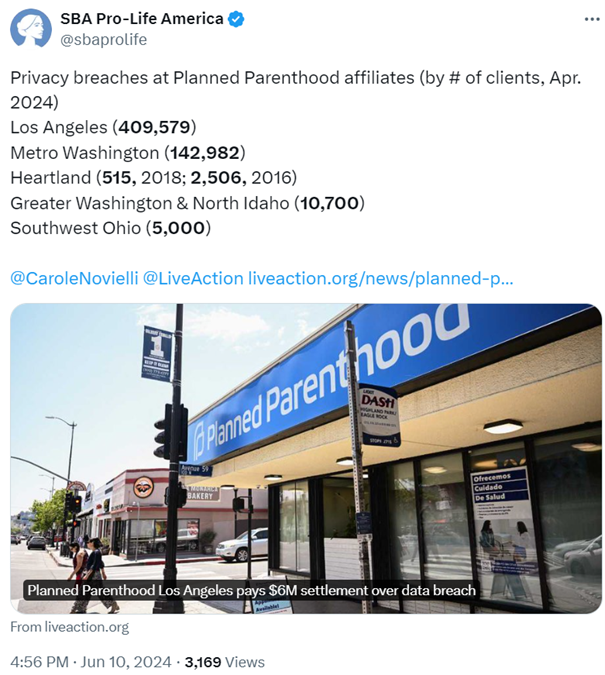
Why would the abortion lobby want to bury this information?
Perhaps it is so the residents of Michigan don’t realize how much their insurance premiums may be paying to abort children with a disability, such as a $36,000 abortion the Detroit Free Press casually alluded to in December, as Whitmer signed legislation forcing direct insurance coverage of abortions:
During a roundtable discussion hosted by Whitmer in a Birmingham coffee shop, [abortion] advocate and mother Clare Molnar told participants she had two abortions, one of which stemmed from a fetal abnormality that complicated the pregnancy and was ultimately covered by her insurance she said because of a technicality.
“If it hadn’t been, it was a $36,000 bill,” she said. “That’s an insane amount of money for anyone, including someone like me with relative financial privilege.”
(Even we wanted to be sure that eye-popping figure – equivalent to a little more than two years’ in-state tuition at the University of Michigan in Ann Arbor – was not a typo. We reached out to a local advocate for confirmation; it is not.)
Maybe it’s because, as of the final report, every metric is going in the wrong direction?

As the Lozier Institute’s analysis summarizes, that includes complications (again, this is simply anonymous data, critical for identifying potentially worrying trends):
There were four immediate complications reported during 2022 Michigan abortion procedures, including one instance of cervical laceration and three instances of hemorrhage…Additionally, 178 abortions resulted in complications that were reported subsequent to the abortion procedure, an increase of 35 percent from 2021. Multiple complications can be reported for each abortion. There were 115 failed abortions, an increase of 32 percent from 2021 (“failed abortion” usually indicates that the abortion did not work, and the pregnancy is ongoing). There were 43 cases of retained products [i.e. body parts and/or other pregnancy tissue – ed.], 10 instances of hemorrhage, eight infections, two cases each of shock and uterine perforation, one instance of cervical laceration and three other, unspecified complications.
Or, perhaps it has something to do with the abortion industry’s role in the deaths of young women like Cree Erwin? A mother of a 1-year-old son, Erwin’s lifeless body was found three days after undergoing an abortion at a Planned Parenthood facility in Kalamazoo and one day after visiting a hospital suffering from severe stomach pain.

Is this what most voters really envisioned when a tepid 56% signed off on the extreme constitutional amendment? With similar amendments potentially on the ballot in nearly a dozen states in 2024, pro-abortion candidates from the president on down should be asked that question loudly and often.
Add Your Name to Say You Stand for LIFE
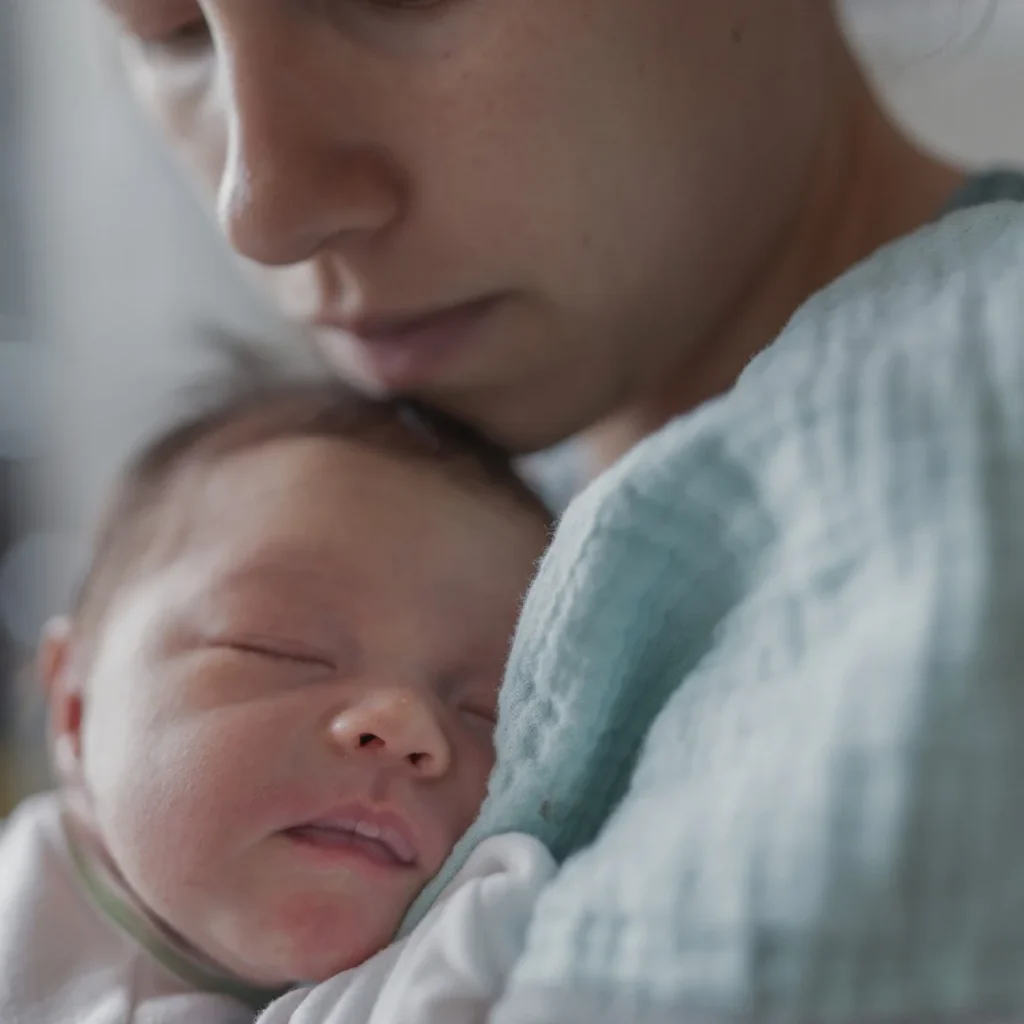
When the U.S. Supreme Court overturned Roe v. Wade, our movement was given a historic opportunity. But the battle for life became much more difficult.
Add your name with thousands of others who are committed to protecting mothers the right to life for innocent unborn children.
Add My Name
